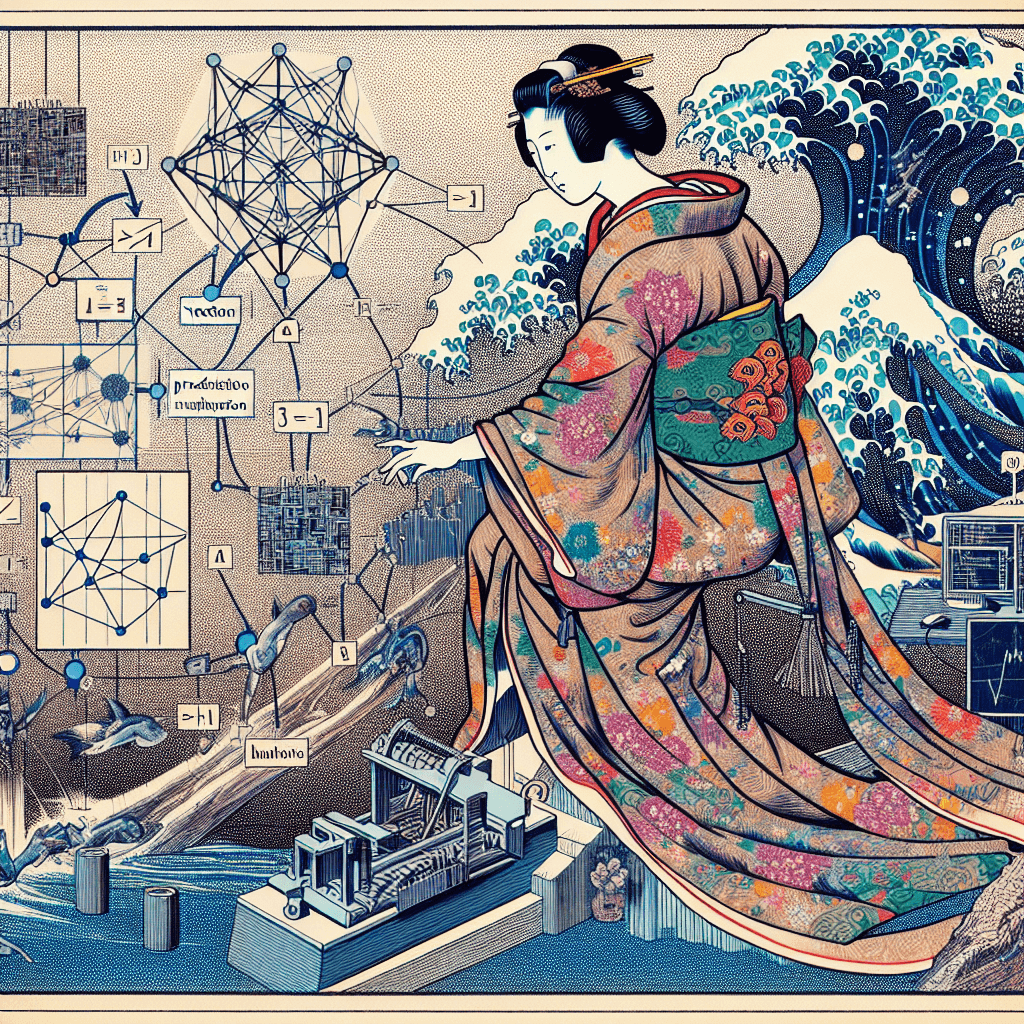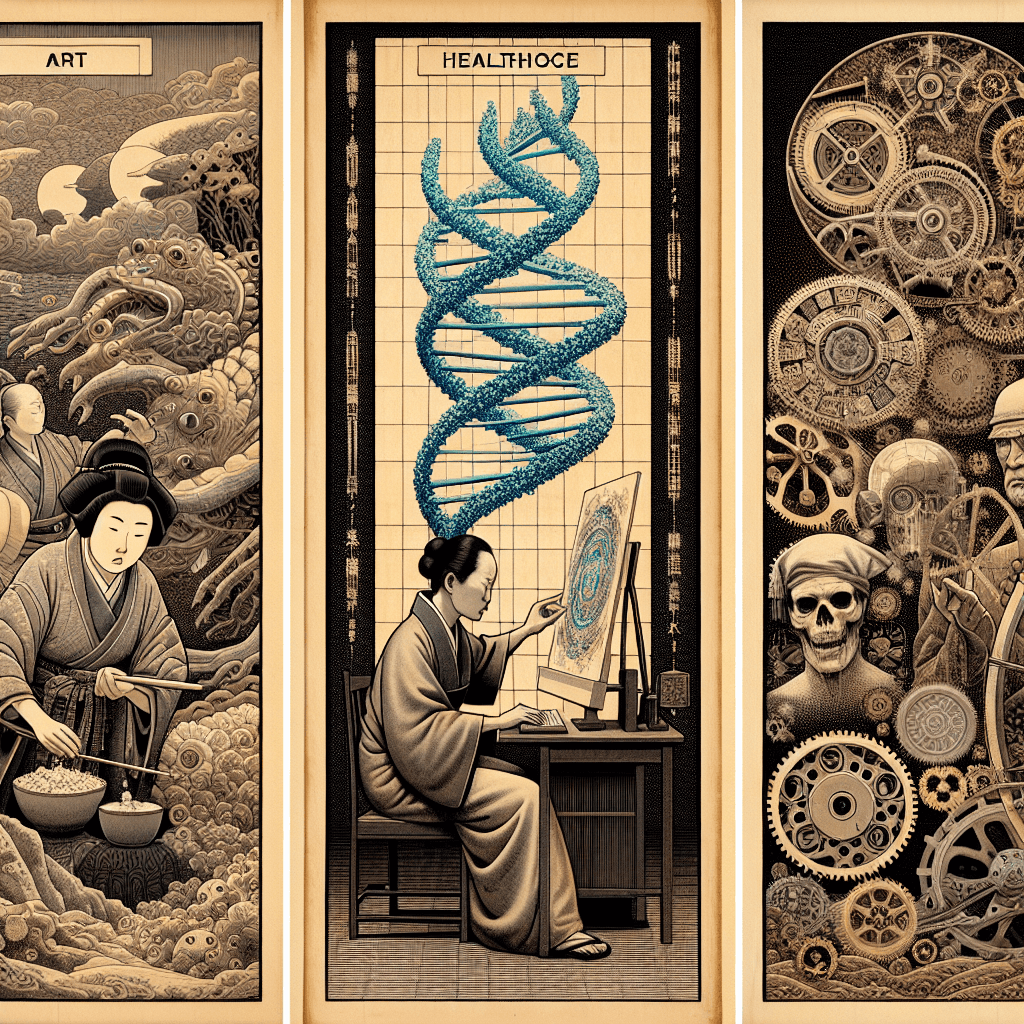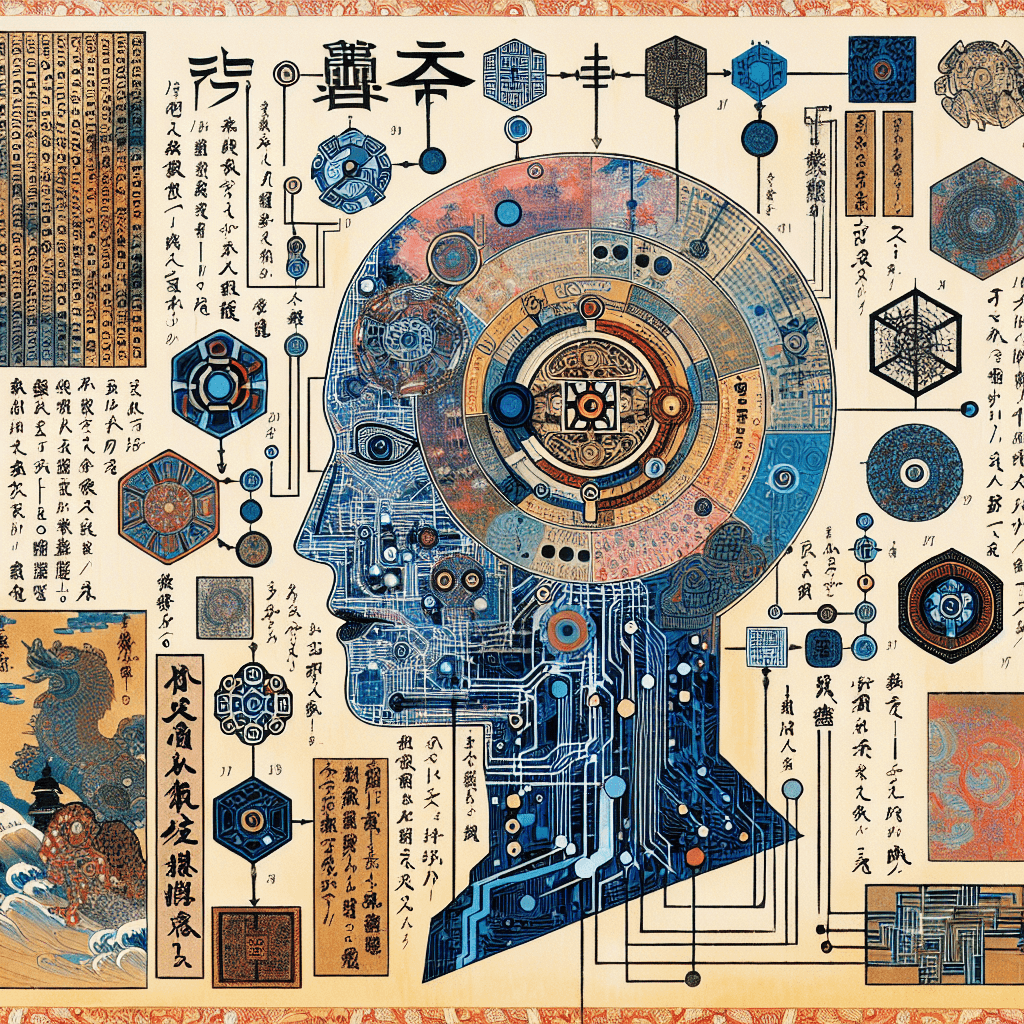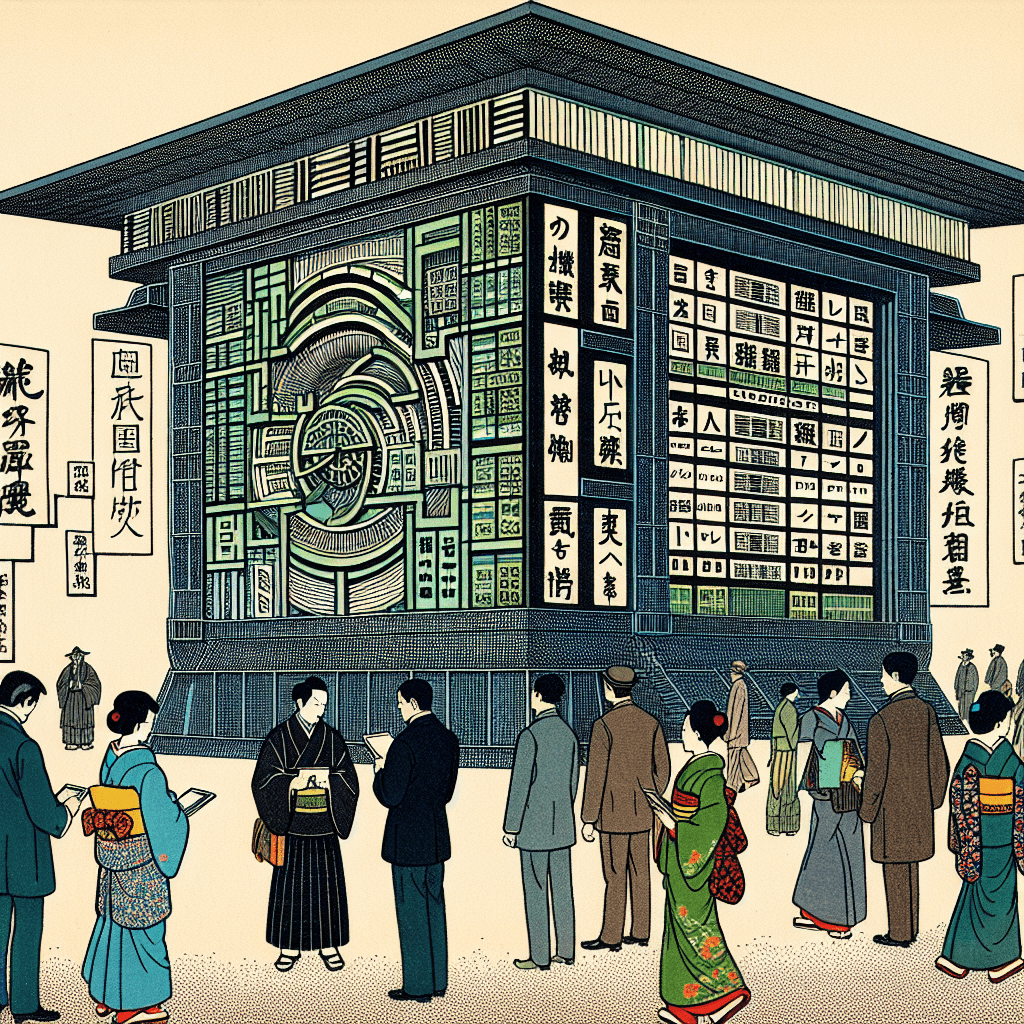Generative Models: An Overview
syndu | Aug. 27, 2024, 6:39 p.m.

Generative Models: An Overview
Introduction
Generative models have emerged as a powerful class of artificial intelligence (AI) algorithms capable of creating new data samples from learned distributions. These models have revolutionized various fields by enabling the generation of realistic images, coherent text, and even novel molecular structures. This post provides an overview of generative models, exploring their definition, types, and applications in AI.
Definition of Generative Models
Generative models are a type of machine learning model designed to generate new data samples that resemble a given training dataset. Unlike discriminative models, which focus on distinguishing between different classes, generative models aim to understand the underlying distribution of the data and produce new instances that are similar to the original data.
Types of Generative Models
There are several types of generative models, each with its unique approach and applications. The most prominent types include:
Generative Adversarial Networks (GANs)
- Overview: GANs consist of two neural networks, a generator and a discriminator, that compete against each other. The generator creates fake data samples, while the discriminator evaluates their authenticity.
- Applications: GANs are widely used in image synthesis, video generation, and style transfer. They have been employed to create realistic images of non-existent people, generate artwork, and even enhance the resolution of images.
Variational Autoencoders (VAEs)
- Overview: VAEs encode data into a latent space and then decode it to generate new samples. They use a probabilistic approach to model the data distribution.
- Applications: VAEs are used in image generation, anomaly detection, and drug discovery. They can generate new images by sampling from the latent space and have been used to design novel molecular structures for pharmaceuticals.
Autoregressive Models
- Overview: Autoregressive models generate data one step at a time, with each step conditioned on the previous ones. Examples include PixelRNN, PixelCNN, and WaveNet.
- Applications: These models are used in text generation, speech synthesis, and image generation. They excel in tasks that require sequential data generation, such as generating coherent text or realistic audio.
Flow-based Models
- Overview: Flow-based models use invertible transformations to map data to a latent space and back. They provide exact likelihood estimates and allow for efficient sampling.
- Applications: These models are used in image generation, density estimation, and data compression. They offer advantages in scenarios where exact likelihood computation is essential.
Applications of Generative Models
Generative models have a wide range of applications across various domains. Some notable applications include:
Image Synthesis
GANs have been used to generate realistic images of faces, landscapes, and objects. Projects like "This Person Does Not Exist" showcase the ability of GANs to create lifelike images of non-existent people.
Text Generation
Example: Autoregressive models like GPT-3 have been employed to generate coherent and contextually appropriate text. These models are used in chatbots, automated content creation, and language translation.
Drug Discovery
Example: VAEs have been used to design novel molecular structures for pharmaceuticals. By sampling from the latent space, researchers can generate new compounds with desired properties, accelerating the drug discovery process.
Art and Creativity
Example: GANs have been used to create AI-generated art that blends different styles. Projects like the "AI Art Gallery" demonstrate how generative models can push the boundaries of human creativity.
Speech Synthesis
Example: Autoregressive models like WaveNet have been used to generate realistic human speech. These models are employed in virtual assistants, text-to-speech systems, and voice cloning.
Conclusion
Generative models represent a significant advancement in the field of artificial intelligence, offering the ability to create new data samples that resemble a given training dataset. With various types such as GANs, VAEs, autoregressive models, and flow-based models, generative models have found applications in image synthesis, text generation, drug discovery, art, and speech synthesis. As research in this area continues to evolve, generative models are poised to drive further innovation and open new possibilities across different domains.
Next Steps
- Review and Feedback: Share this draft for review and feedback to ensure accuracy and clarity.
- Finalize and Publish: After incorporating feedback, finalize the post and publish it as part of the content series.
- Promotion: Promote the series across relevant channels to reach a wide audience.
This content aims to provide a comprehensive and insightful exploration of generative models in AI. If there are any specific aspects you would like us to focus on or additional topics to include, please let us know!








